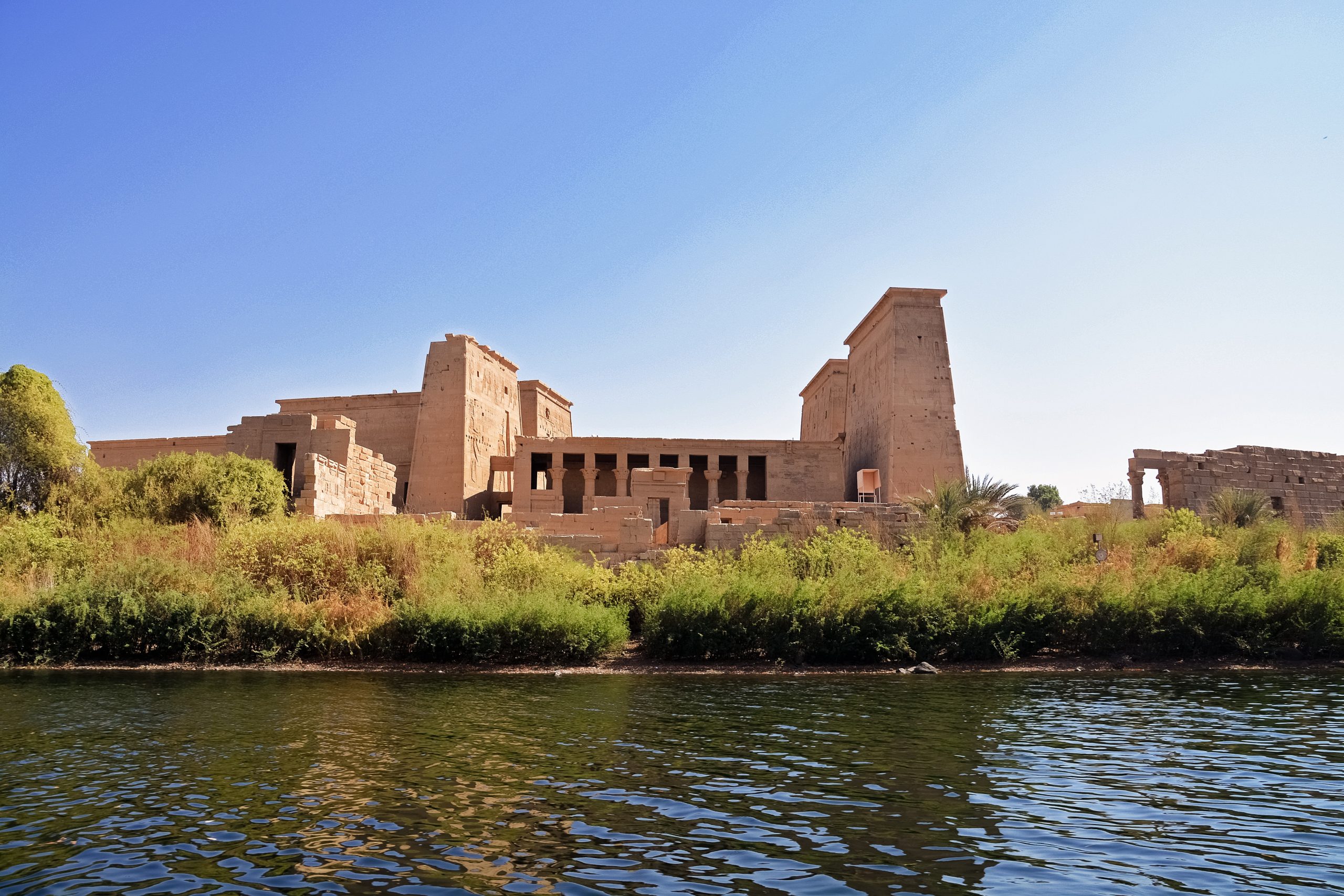The Nile River, often referred to as the “father of African rivers,” meanders through northeastern Africa, bringing life and sustenance to the lands it touches. While its historical and cultural significance is widely recognized, the Nile’s role as a vital transport corridor is equally crucial. In this blog post, we will delve into why the Nile River is crucial for the transportation of goods and people in certain regions, exploring the historical, economic, and logistical aspects that make it a lifeline for commerce and mobility.

The Historical Significance:
The Nile River has been the lifeline of civilizations for thousands of years. Its importance as a transportation route dates back to ancient times when the pharaohs of Egypt used it for trade, travel, and communication with distant regions. The Nile facilitated the exchange of goods and ideas, contributing to the prosperity of societies along its banks.
Geography and Accessibility:
One of the key reasons behind the Nile’s significance for transportation is its geographical position. The river flows through a region where arid deserts dominate the landscape. This makes the fertile Nile Valley and Delta, nourished by the river’s annual inundation, a natural corridor for transportation and settlement.
Goods Transportation:
1. Agriculture and Commodities:
The Nile’s fertile banks have long been centers of agriculture. The transportation of agricultural produce such as grains, cotton, and sugarcane is made efficient through river transport. Large quantities of crops are loaded onto boats, making their way to markets and processing facilities downstream.
2. Minerals and Natural Resources:
In addition to agricultural products, the Nile River plays a vital role in transporting minerals and natural resources. This includes the movement of minerals like gold and gemstones from upstream mining regions to downstream processing centers.
People Transportation:
1. Commuting and Trade:
The Nile River serves as a major transportation route for people commuting between cities and towns along its banks. It facilitates trade, enabling merchants to transport goods over long distances quickly and cost-effectively.
2. Tourism and Recreation:
The picturesque beauty of the Nile has made it a popular destination for tourists seeking cruises, fishing, and recreational activities. The river’s calm waters provide a serene environment for travelers to explore Egypt’s rich history and culture.
Modern Transportation Infrastructure:
1. Shipping and Navigation:
Modern infrastructure has further enhanced the Nile’s role in transportation. Ports and navigational aids have been developed to facilitate the movement of cargo ships up and down the river. This infrastructure supports international trade, enabling goods to reach both local and global markets.
2. Rail and Road Networks:
Complementary to river transport, Egypt has developed an extensive rail and road network along the Nile. This integrated system connects major cities, industrial zones, and ports, ensuring seamless logistics and transportation of goods.
Economic Impact:
The Nile River’s role in transportation has a profound impact on the economies of countries it traverses, primarily Egypt and Sudan. It stimulates trade, fosters economic growth, and creates employment opportunities. The river’s navigability significantly reduces transportation costs, making products more affordable for consumers.
Environmental Considerations:
While the Nile River is undeniably crucial for transportation, it is essential to consider the environmental implications. Sustainable practices must be upheld to protect the river’s ecosystems and the communities dependent on it. Additionally, climate change poses challenges as changing water levels can affect navigation.
Conclusion:
In conclusion, the Nile River’s significance for transportation of goods and people in certain regions is deeply rooted in its historical, geographical, and economic aspects. As a natural transport corridor, it has played a pivotal role in the development of civilizations and continues to be a lifeline for commerce and mobility in northeastern Africa. However, it is imperative to balance the economic benefits with responsible environmental stewardship to ensure the Nile remains a vital resource for generations to come.




